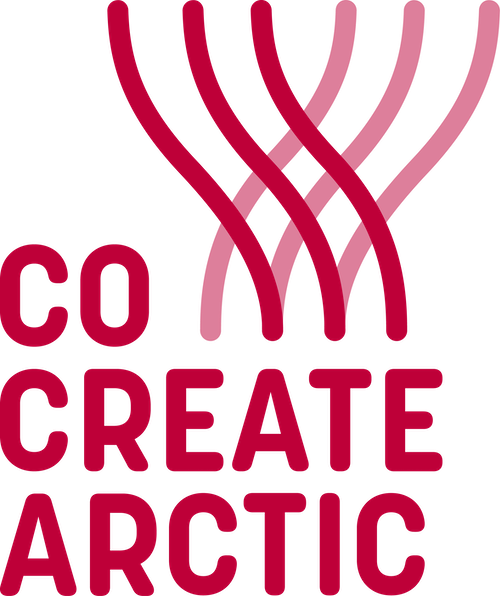Knowledge production always has a dialogical element to it
“This piece is a good example of Indigenous partners teaching me about co-creation, the deep listening that is needed and that knowledge production always has a dialogical element to it.”
I wanted to share an excerpt from a film we made together with Indigenous storytellers back in 2013 in Western Siberia, and where a friend of mine, linguist Agrafena Pesikova, is quite critical on the role of scientists and their intrusion into the belief of the Indigenous communities.
This piece is a good example of Indigenous partners teaching me about co-creation, the deep listening that is needed and that knowledge production always has a dialogical element to it.
“The ritual of shamanistic trance is virtually disappearing. It is very rarely executed and one in case of utmost necessity. Seemingly serious people, scientists, occupy themselves with that. Why don’t they go and describe a trap!? But they intrude into the spiritual culture. What for? I don’t ask the priests either which sort of Christianity they got there. But they start digging into the soul. What need do they have for doing that? It would be much better if the scientist were to describe a trap or a team of reindeer or clothing. That would be a great achievement, wouldn’t it? But they intrude into what they know nothing about. They aren’t capable of understanding it. The techno-genius society is Russian speaking and primarily directed toward Christianity. Christianity is a religion of frames though. That means it is limited by permissions and restrictions. It sets everything into a specific frame. Paganism is more complex. It doesn’t pigeonhole but connects everything, human action and the spiritual world, culture and clothing, it encompasses everything. The pagan finds it hard to fit into these frames. That’s why we developed this open reservedness, or this reserved openness.”
Reference:
Agrafena Pesikova, 23:35min, Before the Snow by Christian Vagt

